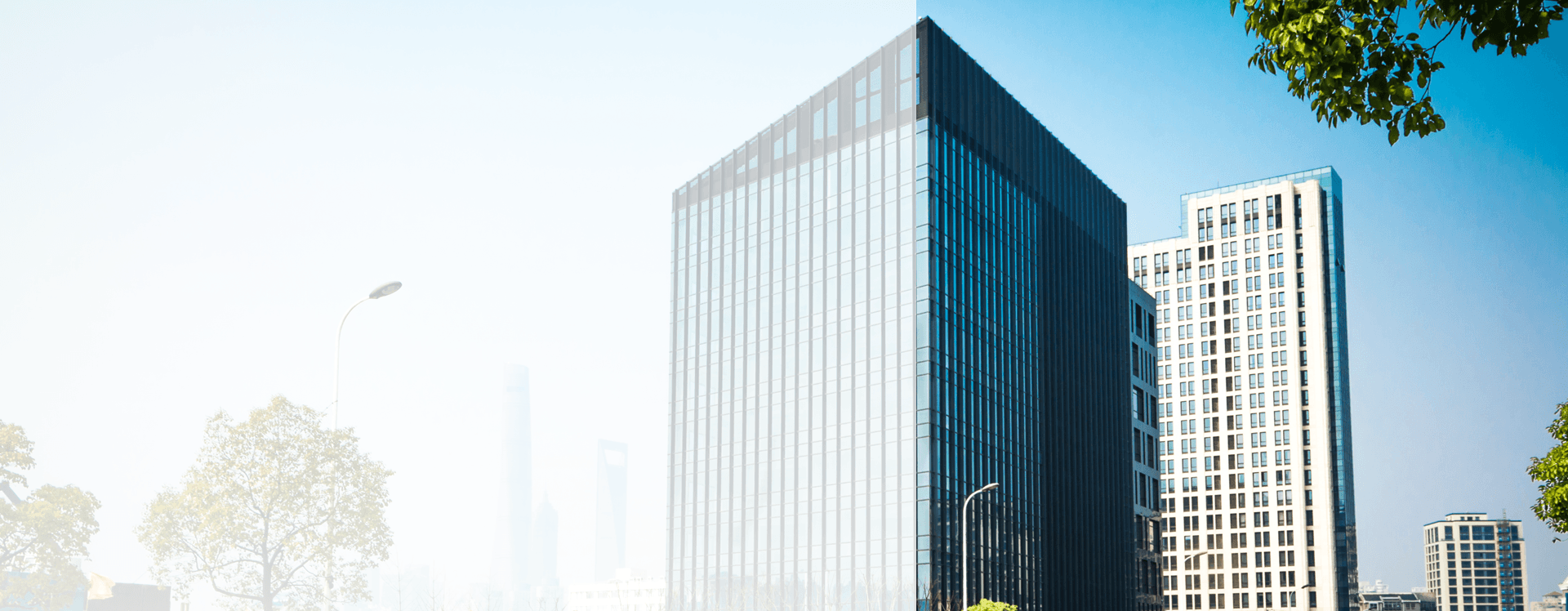Were you embarrassed after a fall in public? Don’t just walk away
On Behalf of O’Malley Tunstall PLLC | Sep 25, 2019 | Premises Liability
For many people, the most immediate reaction they have to a slip-and-fall accident is embarrassment. Instead of taking the time to check for injuries or to report the accident, most simply hope that no one saw the fall and hurry on with their day. However, this is not what you need to do.
You should always take the time to report an accident that occurs on public property or inside a business. That way, if it turns out you were hurt, you have options for seeking compensation in the future.
While many people think that a slip-and-fall accident is more of a joke than a real risk, the truth is that over a million people every year wind up in emergency rooms because they slipped and fell. There are certain injuries that are more common than others in slip-and-fall cases, and familiarizing yourself with those conditions can help you monitor yourself or a loved one after a fall.
Broken bones and soft tissue damage can happen
When someone slips, they often do everything they can to stop themselves from falling. Arms will whirl around like a windmill, which may do more harm than good. Spinning your arms like a windmill may not help you regain your balance, but it does increase the risk of hurting more than your pride.
Whether you hit the floor, a shopping cart, shelves or other furnishings, you could break a bone or incur a soft tissue injury. Joints in your elbow, wrist, ankle or knee can also be hurt in your attempt to stop your fall.
Check yourself for signs of weakness, pain or decreased range of motion that may relate to either hairline fractures or soft tissue injuries. If you start experiencing pain or have trouble moving, that means you should probably seek medical evaluation.
If you hit your head or lose consciousness, it could mean a brain injury
One of the reasons we instinctively brace ourselves when we fall is because we want to protect our heads. Even if you don’t hit your head on the floor, the wall or furniture, the jarring action of a near-fall can still cause a traumatic brain injury.
You may not notice the symptoms of a brain injury right away, in part because it takes time for the bleeding and swelling from the injury to cause symptoms. If you notice issues such as headaches, nausea, dizziness, trouble sleeping or cognitive impairment after your fall, have a doctor evaluate you for a head injury. The same is especially true if you lost consciousness when you fell.
What to do
Report your fall to the business owner or manager and seek medical advice. If you start developing new symptoms, talk to your doctor again and notify the property owner or business. Keep everyone informed and make sure that there is a paper trail should you need to take legal action later on.




